4 Steps Your Remote Teams Must Take To Improve Employee Wellbeing This 2023
The shift to remote working has seen many companies face the challenge of prioritising employee well-being while enabling successful collaboration between team members.
This can be especially difficult for remote teams, with the lack of physical presence creating further difficulties in understanding how best to support employees' health and happiness. However, virtual team building can provide a solution for these problems, helping managers create a sense of belonging and connection among their "scattered" workforce.
Let's explore 4 steps that remote teams can take to be intentional in improving your employee well-being:
1. Hold regular employee well-being reviews
Employee well-being reviews can be a powerful tool for boosting team morale in remote teams. Remote or hybrid work arrangements have left many feeling isolated from their teams and confused by the constant need to adapt and change.
Conducting regular employee well-being reviews is an excellent way to counteract this detachment and bring your remote team together in meaningful ways. The review process can help identify areas of concern within the organisation or among individual employees, allowing managers to provide timely feedback that could improve morale over time.
Regular check-ins also allow for more meaningful conversations between employees and managers about how they are coping with the transition to hybrid or virtual work arrangements.
2. Invest in virtual team-building development
Organisations should not overlook the power of investing in virtual team-building programs to cement their commitment to the well-being of employees. Virtual team-building activities are designed to foster collaboration, communication and trust among employees working from different locations.
Studies have shown that investing in activities that promote social connection can lead to increased job satisfaction, improved relationships with colleagues, reduced stress levels and better overall job performance.
Virtual team-building activities specifically tailored for remote teams allow participants to practice key skills such as active listening, communication strategies and problem-solving techniques in an online setting. Furthermore, these activities can offer a sense of shared purpose across departments or between staff members which are particularly crucial when working remotely.
3. Be on the lookout for resources
Today's workplace has been transformed by the rapid advancement of technology, introducing more opportunities for remote work. Employees are no longer bound to their desks and can now work anywhere in the world with just a laptop and an internet connection. While this increases access to talent, it also presents its own unique challenges for managers. Remote teams face a multitude of obstacles - from communication difficulties to disconnection from colleagues – that can hamper productivity and employee well-being.
Fortunately, businesses can bridge this gap by providing remote teams with the right resources. Access to reliable technological infrastructure, such as collaborative tools and video conferencing platforms, will ensure uninterrupted communication between employees regardless of their physical location. Furthermore, providing support services like online training courses or team-building activities will help create a sense of community amongst remote workers, helping them stay connected while boosting morale and increasing productivity levels.
4. Encourage personal development
As remote teams become more prevalent in the modern workplace, it's essential to prioritise personal development. The key to high-performing virtual teams is when every team member takes ownership of their development based on their strengths and talents so that they can perform at their best. When team members engage in tasks that fulfill and energise them, the improvement of employee well-being will be a natural by-product that follows.
Remote teams should strive for a culture of personal growth, encouraging team members to recognise their strengths and nurture them through learning opportunities such as online courses or shadowing other colleagues with experience.
Final Thoughts
In conclusion, looking after employee well-being for virtual teams who are working remotely is essential. It should be seen as a priority for employers and addressed proactively.
Employers should communicate effectively, create social opportunities, offer mental health support and provide practical solutions to ensure their workplace remains productive even when operating virtually. By implementing these strategies, employers can help maintain the well-being of their employees and create an inclusive work environment.
Use creative ways to up your team meetings with conversation ideas that will help you meet your corporate team-building objectives. Download our corporate team-building toolkit here!
Written by Rachel Chai
Connectedness • Empathy • Strategic • Belief • Context
Rachel is a Strengths School™ Certified Strengths Trainer and the Content Lead at Strengths School™. Being deeply introspective, she believes in helping others draw connections between how their unique strengths play out in their lives.
We are corporate team-building specialists based in Singapore, equipping in-person, virtual, and hybrid teams with practical tools to maximise collaboration and minimise conflict. Trusted by 600+ teams globally, our proven track record showcases our expertise in helping teams achieve their corporate team-building objectives.



